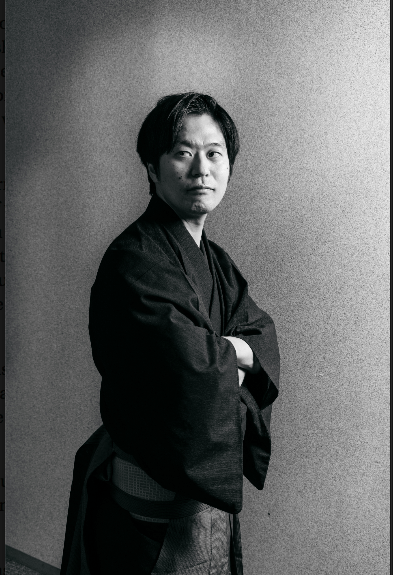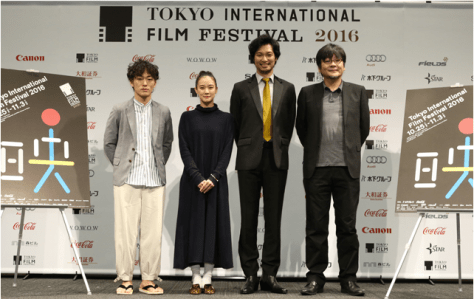Posted by Larry Gleeson
By Misuzu Sato
Japanese films failed to make the Golden Lion shortlist at the 73rd Venice Film Festival that wrapped up in September. A question was posed at the Venice Film Festival Press Conference on why Japan is missing out on challenging in the top competition for the second consecutive year.
Also in Cannes and Berlin this year, no Japanese films were shown in competition, meaning they were not in the running for the top prizes at the “Big Three” film festivals.
While experts say Asian films have been losing their foothold in the increasingly competitive film festival circuit, they urge Japanese filmmakers to pursue their ingenuity and attempt a more international perspective.
The Venice festival has given the Golden Lion prize to Akira Kurosawa’s Rashomon and Takeshi Kitano’s Hana-bi, and also showcased films by Kitano, Hayao Miyazaki, Shinya Tsukamoto and other Japanese filmmakers in competition for 13 consecutive years until 2014. Although three of the 21 films showcased in competition in 2008 were from Japan, no Japanese movies have made it to the main competition for the past two years.
“With the number of films produced having increased, the margin for not only Japanese films but also for other Asian movies to be featured at international film festivals has shrunk in recent years,” said Tokyo International Film Festival programming director Yoshihiko Yatabe. “As it stands, it is less of the quality of the works than the fact that organizers can’t get around to reviewing Asian films as South American and North European films are also doing great.”
However, Filipino director Lav Diaz won the Golden Lion for Best Film for his The Woman Who Left at Venice this year.
A forum focusing on the rapidly growing Chinese market was also held on the sidelines.
But Venice festival director Alberto Barbera said the festival had picked up a powerful and beautiful Japanese work in the Orizzonti section for cutting-edge films: Kei Ishikawa’s first feature film Gukoroku–Traces of Sin.
While Ishikawa was presented in Orizzonti, Yasushi Kawamura’s full-CG film Gantz: O–also his first full-length feature–was screened out of the competition at Venice.
At Cannes, Koji Fukada’s Harmonium received the Jury Prize in the Un Certain Regard section.
“In Japan, it is difficult for filmmakers to make auteuristic art films, but it shouldn’t be impossible if they are determined,” said film journalist Atsuko Tatsuta, as to how Japanese films could break into the competition lineup. “They need to gain a more international perspective by collaborating with other countries and making other efforts.”
Jean-Michel Frodon, former editorial director of film magazine Cahiers du Cinema, said that although Japanese filmmakers are making good films, they have yet to earn recognition abroad. He also stressed the importance of showing their presence at other film festivals and promoting their works to overseas audiences.
*Featured photo: The red carpet at the Venice Film Festival in Lido Island, Italy, where all the films want to be competing (The Asahi Shimbun)
(Source: http://www.asahi.com)













 TOKYO —
TOKYO —


